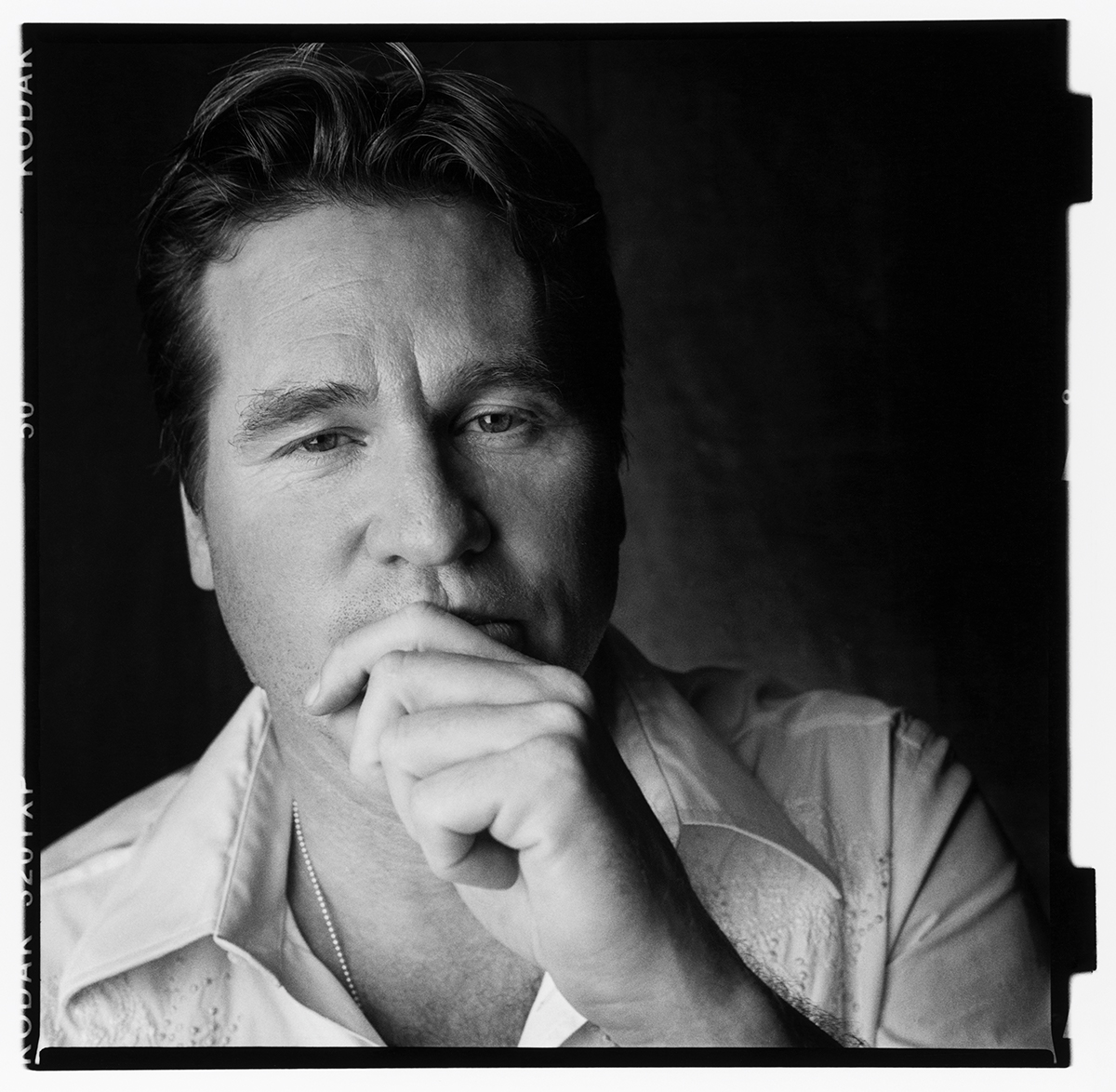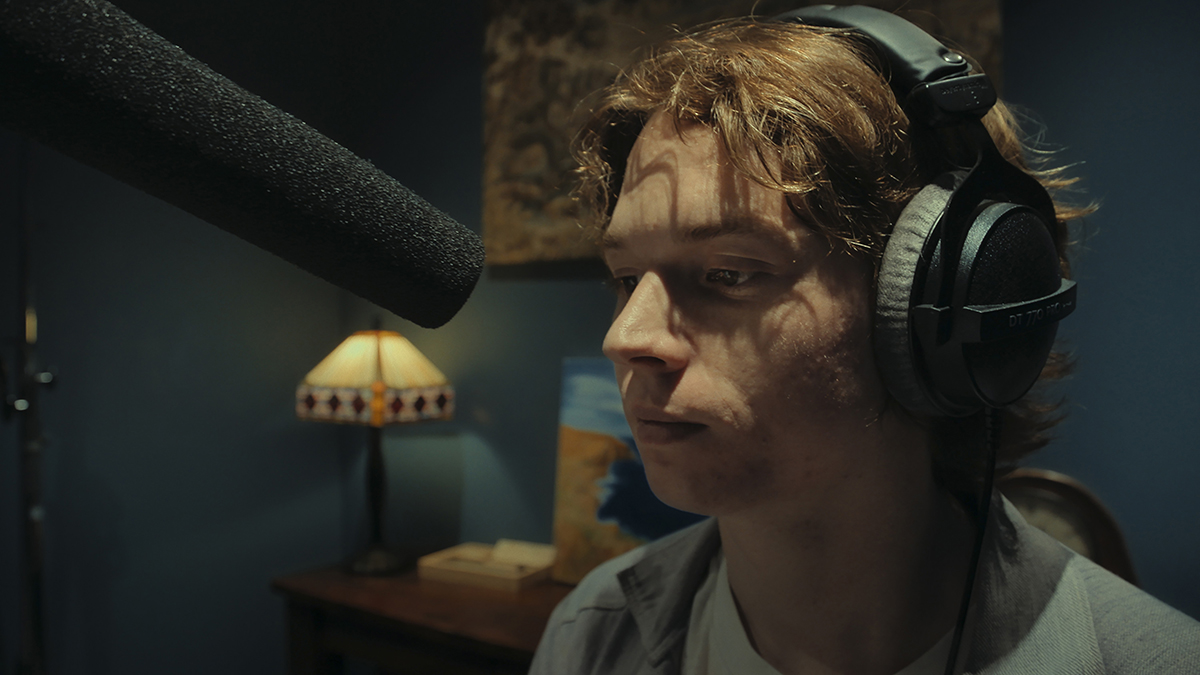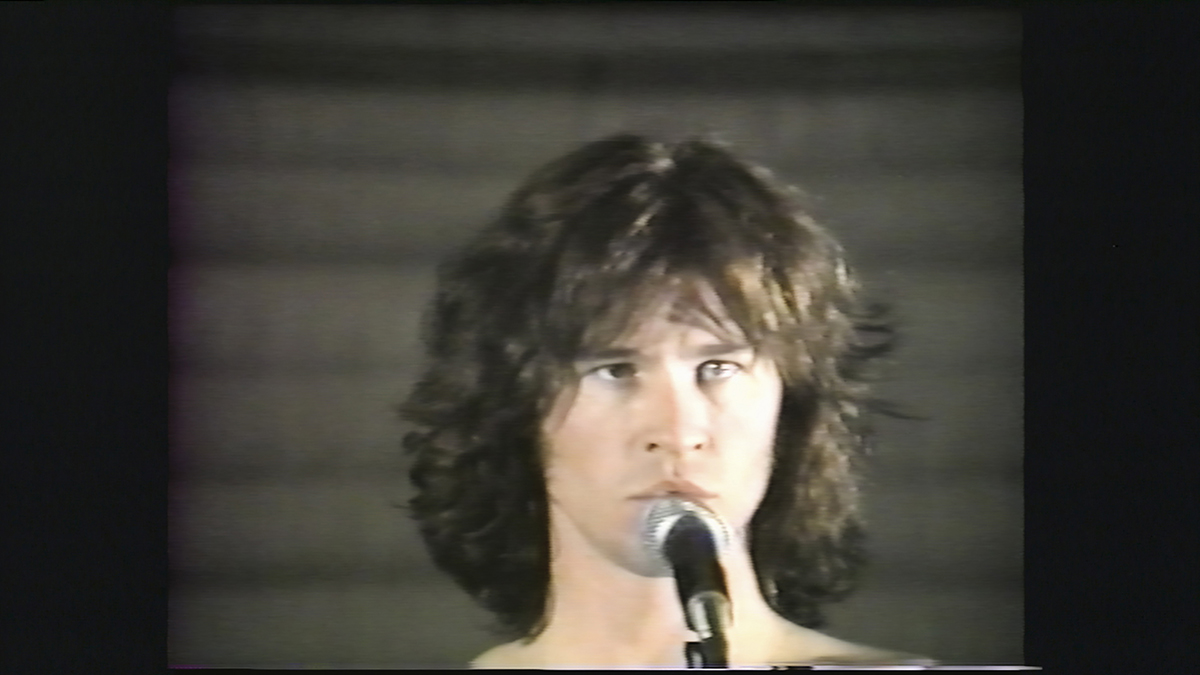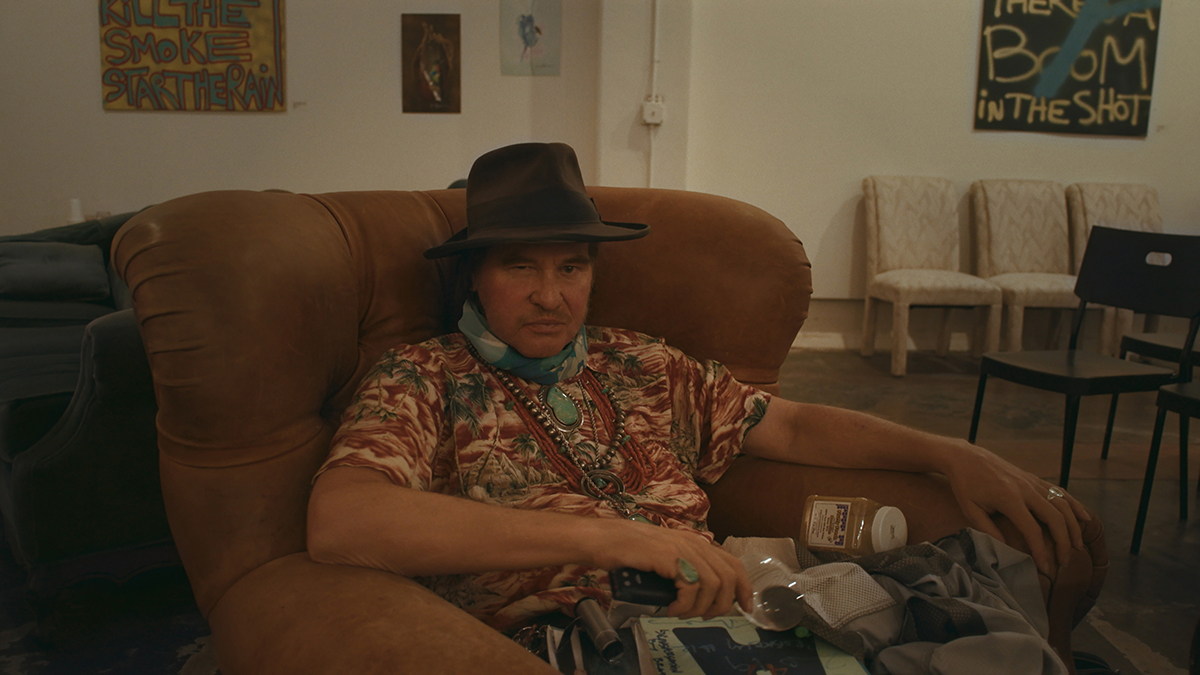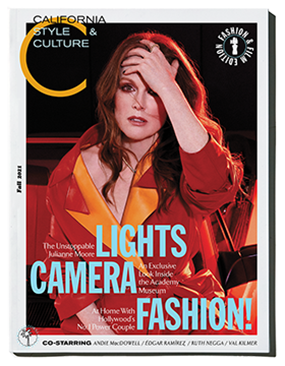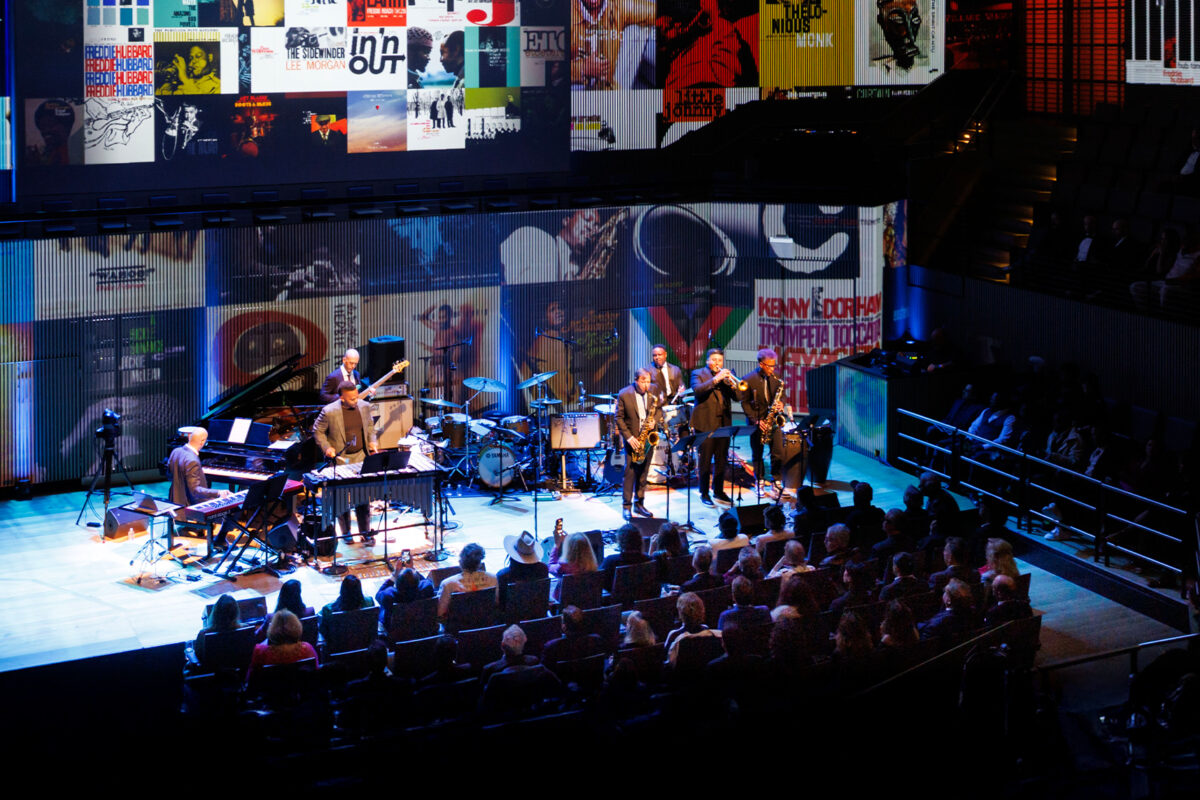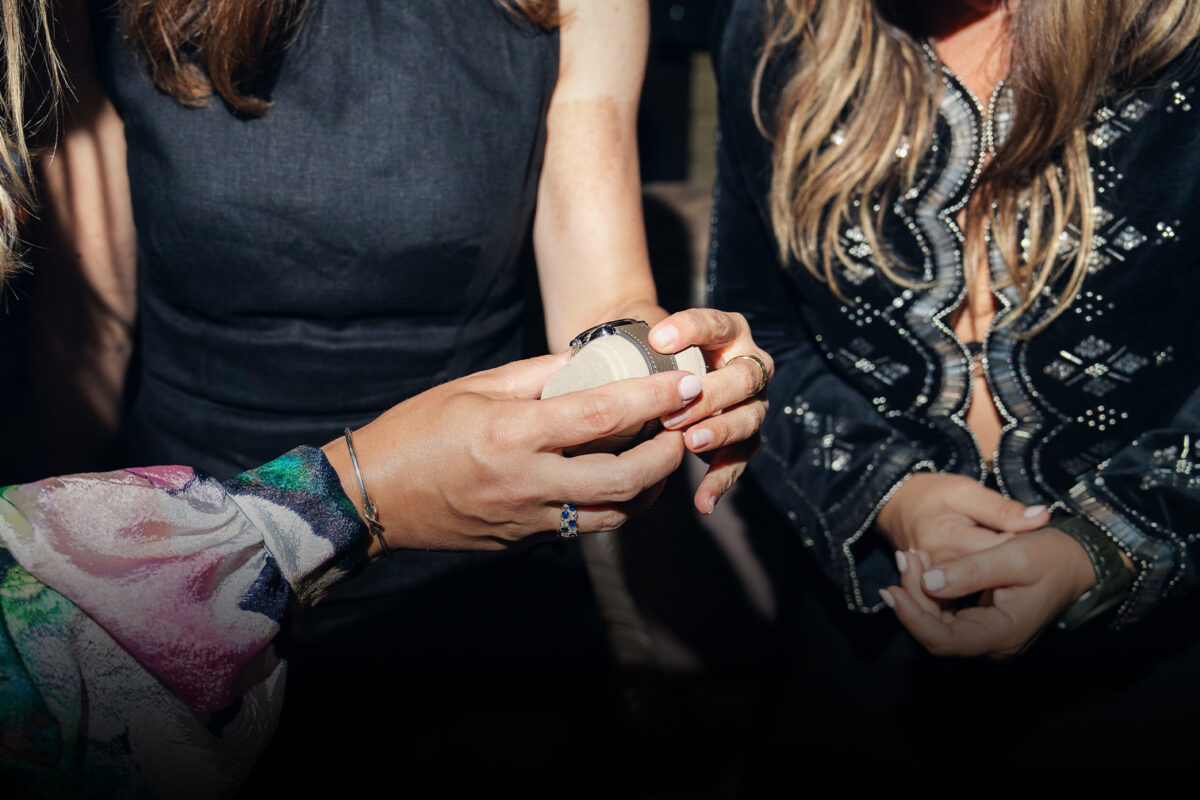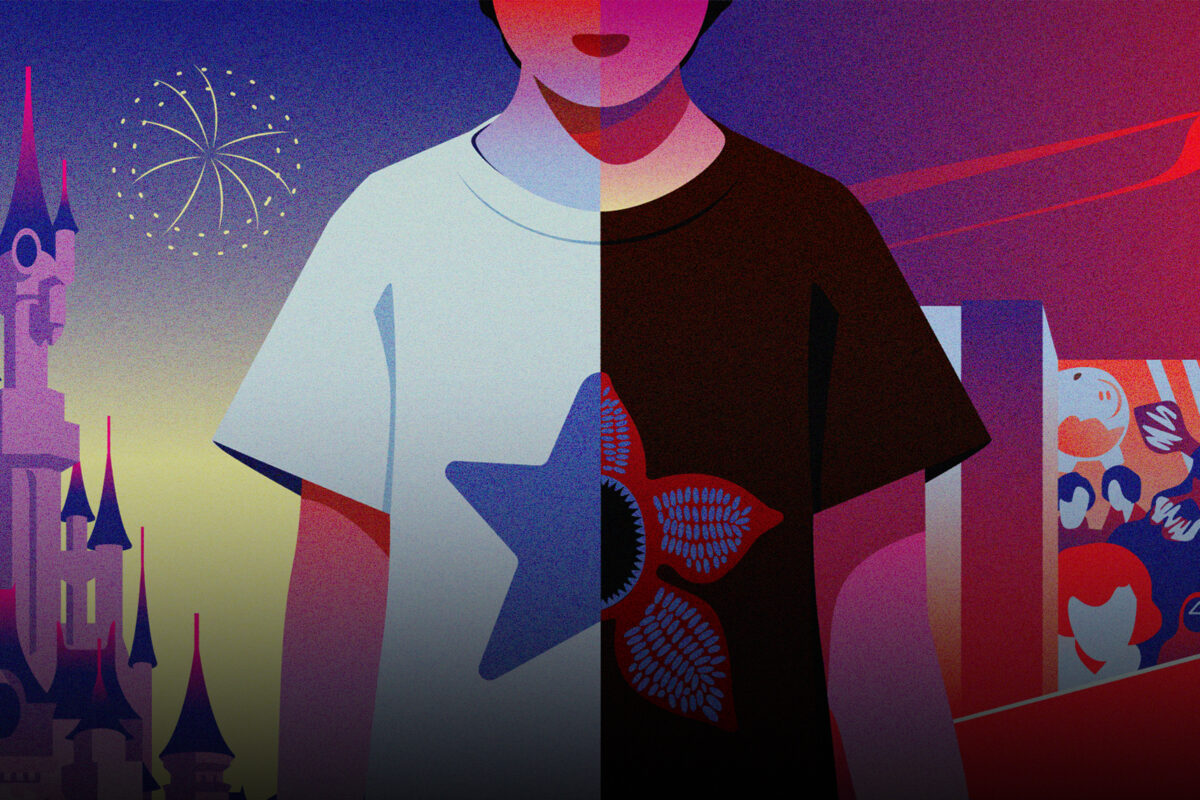As the new documentary Val lands, the actor reflects on the highs and lows of his own story
Words by ANDREW BARKER
Is Val Kilmer the greatest living actor never to win an Oscar? Even stranger, he has never once been nominated. Yet if you were a teenager (or older) in the ’80s and ’90s, chances are he’s starred in one of your favorite movies. Whether it was playing a mercenary in Ron Howard and George Lucas’ fantasy epic Willow; Robert De Niro’s right-hand gunman in Michael Mann’s Heat; Doc Holliday, best friend to Kurt Russell’s Wyatt Earp in Tombstone; or Jim Morrison in Oliver Stone’s The Doors — across comedy, crime, action, fantasy: you name it, he nailed it. And that’s before we even get to the blockbusters: replacing Michael Keaton as the caped crusader in Batman Forever opposite Jim Carrey and Nicole Kidman, reviving Roger Moore’s master of disguise Simon Templar in The Saint and providing the voice of Moses for DreamWorks’ The Prince of Egypt.
VAL KILMER photographed by Jerome De Perlinghi/Getty Images.
The Los Angeles-raised actor super-spiked his way to fame playing Tom Cruise’s rival Iceman in Tony Scott’s Top Gun in 1986, and met his (now ex) wife Joanne Whalley two years later on the set of Willow. They have two children, Mercedes, 29, and Jack, 26. Kilmer’s prolific career largely overshadowed what was going on in his life off-set, but a new documentary he has made for Amazon, Val, looks back at the vicissitudes that fate has thrown his way amidst the highs of being a Hollywood leading man: from the early death of his brother Wesley to using up his own fortune to bail out his father and the throat cancer that has all but stolen his voice.
Here, we ask the Los Angeles-based actor, who has spent nearly 50 years documenting his own life (starting on Super 8), to delve a little deeper into his story.
“I see myself as a sensitive, intelligent human being, but with the soul of a clown”
Val Kilmer
C Magazine: You describe your life as “magical.” What do you mean by that?
Val Kilmer: 80% sweat, 20% inspiration.
C: In the early home movies shot by your late brother, Wesley, you clearly show a prodigious talent as a child actor. Can you describe how you refined this at Juilliard as its youngest-ever drama student?
VK: To apply to Juilliard you had to do an audition. I lied to my parents and told them I could only do the audition in New York City, even though I could’ve done it on the West Coast. Like that, I got a free trip out of it to the Big Apple. I was 16 when I was accepted and turned 17 by the time school started. At Juilliard, I learned how to learn.
C: In the film you talk about a need to chase the roles that could transform you. Where did this come from?
VK: I looked for challenges anywhere I could find them. When the role was harder, I knew I had to work harder, and that was very satisfying.
C: How did losing your brother so early and so tragically change how you wanted to live your life and forge your own career?
VK: Spirituality was always No. 1, so when he passed, I had to decide how to live. Up or down. I chose up.
C: In advance of Oliver Stone’s The Doors, you immersed yourself in the music and legend of Jim Morrison. Do you identify as a method actor? If not, how would you describe your approach?
VK: Endless repetition and hard work, and yes, I’d say method, as far as it goes.
Val’s son, JACK KILMER, is heard doing the voice-over throughout the new documentary.
C: Oprah called you “intense” and a “perfectionist,” and the short-film audition tapes you sent Scorsese and Kubrick for Goodfellas and Full Metal Jacket attest to that. But how do you see yourself?
VK: I see myself as a sensitive, intelligent human being, but with the soul of a clown, that always forces me to blow it at the most crucial moment.
C: Why did you walk away from a second Batman film?
VK: I wanted and was obligated to do a second Batman, but they moved up shooting a year in advance, and I had signed on to do The Saint already.
C: You describe Heat as having the feel of an indie film when you were on set. How so? Why did that experience gratify you so much more than playing a titular superhero?
VK: It was as if we had no money and had to make every day count. That’s how indies work. There’s never enough time. Michael Mann never stops, he’s absolutely and totally committed. I was asked to work for the same amount that I was paid per diem on Batman. Because it was De Niro, Pacino and Mann leading the way, of course I said yes.
C: Which of your films are you most proud of?
VK: Tombstone. I was proud of how completely immersed I was in the role. It was a very well-written script.
C: You call Tom Cruise a friend. Which other actors do you consider friends?
VK: I have been an actor for many years and have made so many friends. I cherish each one of those relationships and am proud of the long-standing friendships I have had.
C: Which actor, co-star or otherwise, has most impressed you?
VK: Marlon Brando [with whom Kilmer appeared in The Island of Dr. Moreau] and George C. Scott. They are consummate actors that I looked up to. At Juilliard, I had a master class with a Japanese director who brought a half Chinese, half Japanese actress that was as good as Brando. I wish I remembered her name.
Kilmer as Jim Morrison in The Doors, 1991.
C: As a lifetime diarist and creator, whether it’s through art, video or the written word, you have amassed a huge archive. What would you like to see done with it ultimately?
VK: Burn it! Or … give it away, to a library maybe?
C: You came to your father’s aid when he faced financial ruin. What lessons, good or bad, did you learn from your father which have made you a better father?
VK: Be generous and patient.
C: You close the film stating that you have at times behaved “poorly, bravely and bizarrely.” Could you expand on that?
VK: Arrogantly, I took big risks where I could fail, but “broke on through to the other side.” “Eccentric” is a better word than “bizarrely.”
C: What is your biggest regret?
VK: Not playing Hamlet on Broadway. But I still might do it!
C: What makes you smile?
VK: My kids, friends and an inspiring story.
Kilmer, 61, was diagnosed with throat cancer in 2014.
Feature Image: A still from one of Kilmer’s myriad home videos, which the actor shares in his new documentary, Val.
This story originally appeared in the Fall 2021 issue of C Magazine.
Discover more PEOPLE.

